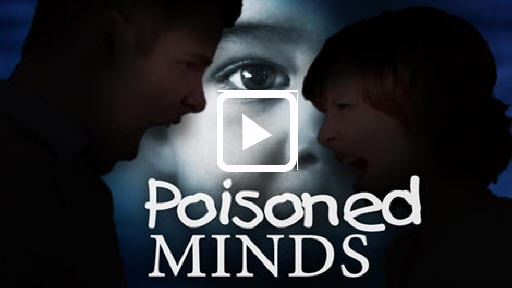Definition of Parental Alienation Syndrome
By Richard A. Gardner, M.D.
Canadian Children's Rights Council editor's note: The target parent of the parental alienation can be either a mother or father. While much was written about this subject in the 90's and most of the parents experiencing it have been fathers because the parents controlling the children have mainly been mothers. Mothers are equally at risk of being alienated when the person controlling the child is the father.
Since the 1970s, we have witnessed a burgeoning of child-custody disputes unparalleled in history. This increase has primarily been the result of two recent developments in the realm of child-custody litigation, namely, the replacement of the tender-years presumption with the best-interests-of-the-child presumption and the increasing popularity of the joint-custodial concept. The assumption was made that mothers, by virtue of the fact that they are female, are intrinsically superior to men as child rearers. Accordingly, the father had to provide to the court compelling evidence of serious maternal deficiencies before the court would even consider assigning primary custodial status to the father. Under its replacement, the best-interests-of-the-child presumption, the courts were instructed to ignore gender in custodial considerations and evaluate only parenting capacity, especially factors that related to the best interests of the child. This change resulted in a burgeoning of custody litigation as fathers now found themselves with a greater opportunity to gain primary custodial status. Soon thereafter the joint-custodial concept came into vogue, eroding even further the time that custodial mothers were given with their children. Again, this change also brought about an increase and intensification of child-custody litigation.
In association with this burgeoning of child-custody litigation, we have witnessed a dramatic increase in the frequency of a disorder rarely seen previously, a disorder that I refer to as the parental alienation syndrome (PAS). In this disorder we see not only programming ("brainwashing") of the child by one parent to denigrate the other parent, but self-created contributions by the child in support of the alienating parent's campaign of denigration against the alienated parent. Because of the child's contribution I did not consider the terms brainwashing, programming, or other equivalent words to be applicable. Accordingly, in 1985, I introduced the term parental alienation syndrome to cover the combination of these two contributing factors (Gardner, 1985a, 1987b).
In accordance with this use of the term I suggest this definition of the parental alienation syndrome:
The parental alienation syndrome (PAS) is a disorder that arises primarily in the context of child-custody disputes. Its primary manifestation is the child's campaign of denigration against a parent, a campaign that has no justification. It results from the combination of a programming (brainwashing) parent's indoctrinations and the child's own contributions to the vilification of the target parent. When true parental abuse and/or neglect is present the child's animosity may be justified, and so the parental alienation syndrome explanation for the child's hostility is not applicable.
- Richard A. Gardner, M.D.







